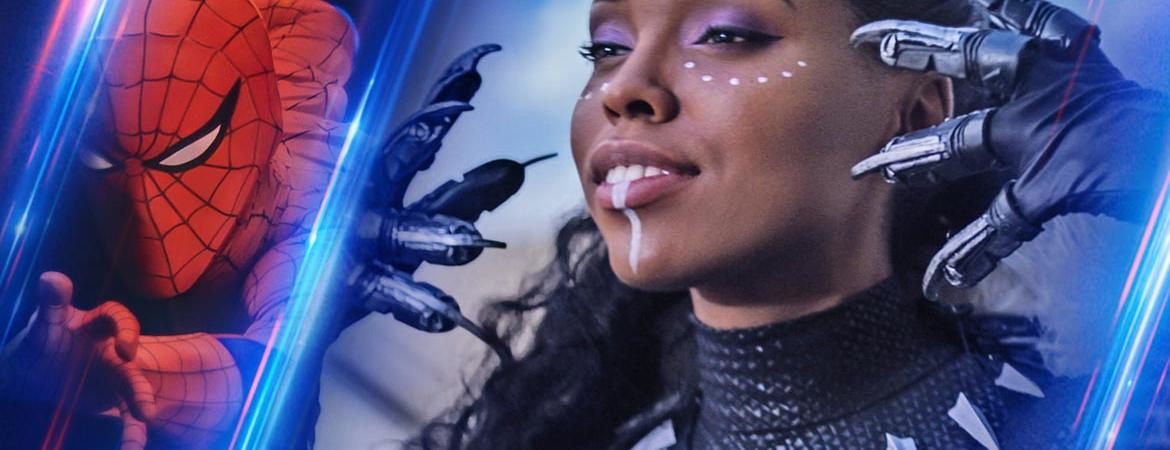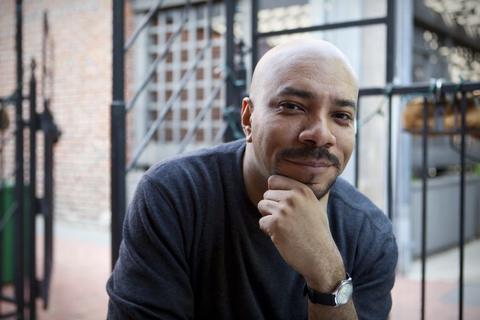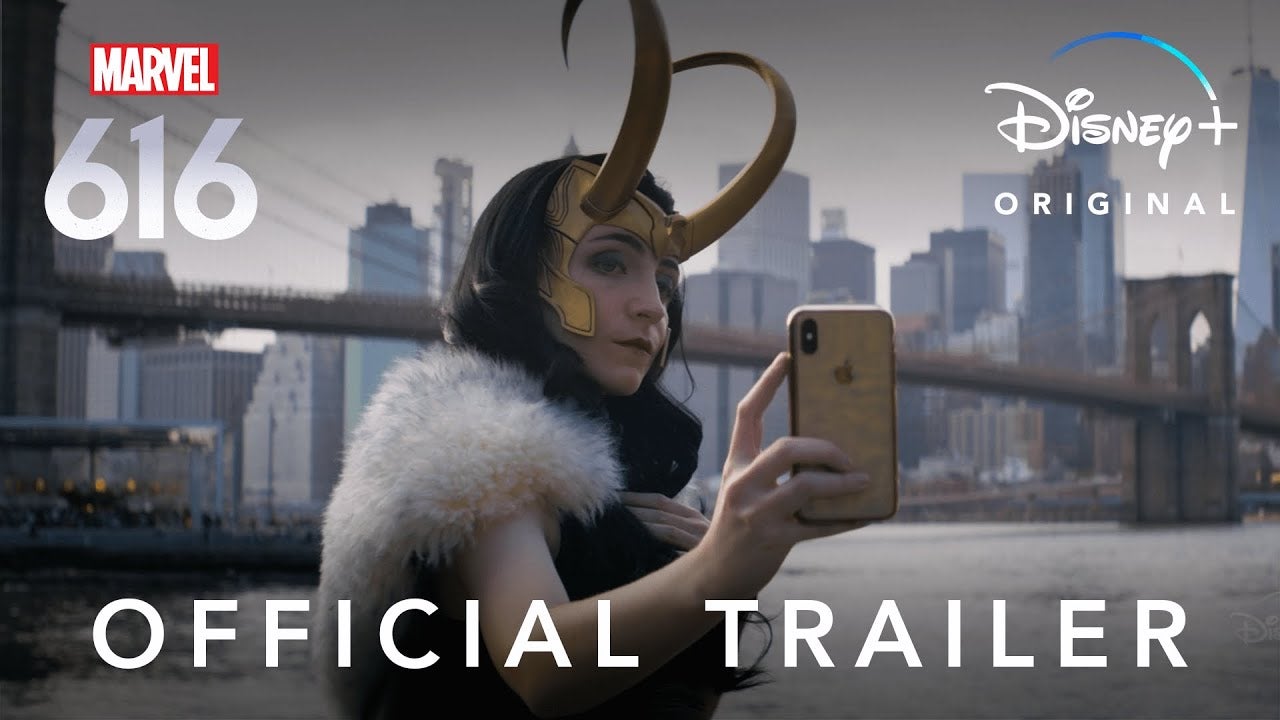
Marvel has long dominated the comics space, giving rise to some of the most successful superhero franchises in history including Black Panther, Iron Man, and Captain America. A new documentary series premiering Nov. 20 on the streaming platform Disney+ delves into the legacy of Marvel and those who helped shape the now-multibillion-dollar entertainment behemoth. “Marvel’s 616” consists of eight standalone episodes helmed by a unique filmmaker, covering topics as varied as the popularity of superhero cosplay to the noncanonical iteration of Spider-Man in a short-lived 1970s Japanese TV show.
Among the many creators featured in the series is UC Riverside media and cultural studies professor and Eisner-award winning graphic novelist John Jennings. Jennings has long explored comics both in his work as a comics creator and through his scholarly work, focusing on issues of representation and how narratives surrounding race have been presented and evolved in the comics industry. Last year, Jennings launched Megascope, an imprint of Abrams ComicArts dedicated to publishing speculative graphic novels by and about people of color.
His work has often engaged specifically with Marvel Comics, teaching courses on comic books and Afrofuturism that examine Marvel characters like Black Panther, and through his work as Black Kirby, a creative duo including Jennings and artist and University of Illinois professor Stacey Robinson. Among other character explorations, the duo, whose moniker draws from legendary comic book artist Jack Kirby, presented an exhibition about Marvel superhero Luke Cage at the Culver Center of the Arts in 2018, now available digitally.
In the last year, Jennings has worked directly with Marvel, penning two critical essays about their comics. The first essay, published by Marvel in February, examines the new comics series “Marvel’s Voices” and the comic book giant’s role in expanding representation in the industry. In his second essay, published in July, Jennings reflects on the 1982 graphic novel “X-Men: God Loves, Man Kills” and how it handled issues of racism, prejudice, and discrimination in America.
“I was asked by Marvel editorial to write a piece about the Movement for Black Lives and how it related to the original story by legendary X-Men scribe Chris Claremont,” Jennings said of the essay. “The piece is set to be the foreword for the reprint and is out in December.”
Jennings was also interviewed for an upcoming documentary about Marvel Comics set to be released in spring 2021, which led to an invitation by a producer to take part in the “Marvel’s 616” series. The “616,” Jennings notes, refers to one of millions of possible multiverses in the Marvel world building model, with 616 being the universe that all the primary stories in the Marvel Universe occur within.
“My interview was about the importance of representation in popular media for everyone,” Jennings said. “I focused on talking about the Afro-Latino Spiderman, Miles Morales, and the character Moon Girl. The show offers a great niche view of Marvel fans and how the superheroes they have created have changed the world and how we see it.”
Jennings said Marvel has always pushed the envelope in trying to make characters that resonate with a diverse audience. He also notes Marvel has been able to make their extremely powerful superheroes relatable by having them grapple with very human issues, a deviation from the superheroes that came before.
“Sometimes these efforts are better than others, but they keep trying to make strides in that direction,” he said. “The angst of being human is part of the fabric of their characters and they are just really well constructed.”
Jennings is excited by the efforts Marvel is currently taking to increase diversity and representation in their offerings, noting there are several initiatives the company is embarking upon to better reflect their varied and expansive audience.
“A lot of my work has been around representation in comics and I’ve been critical of the mainstream comics industry,” he said. “However, Marvel does seem to really be serious about making superheroes and characters that relate to an ever-growing fanbase that is getting more and more diverse as the future unveils itself.”





